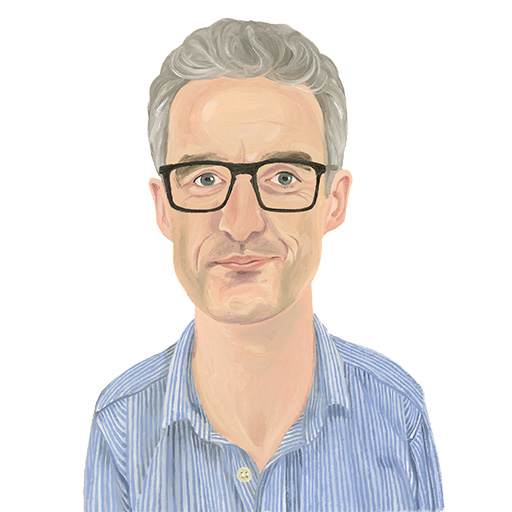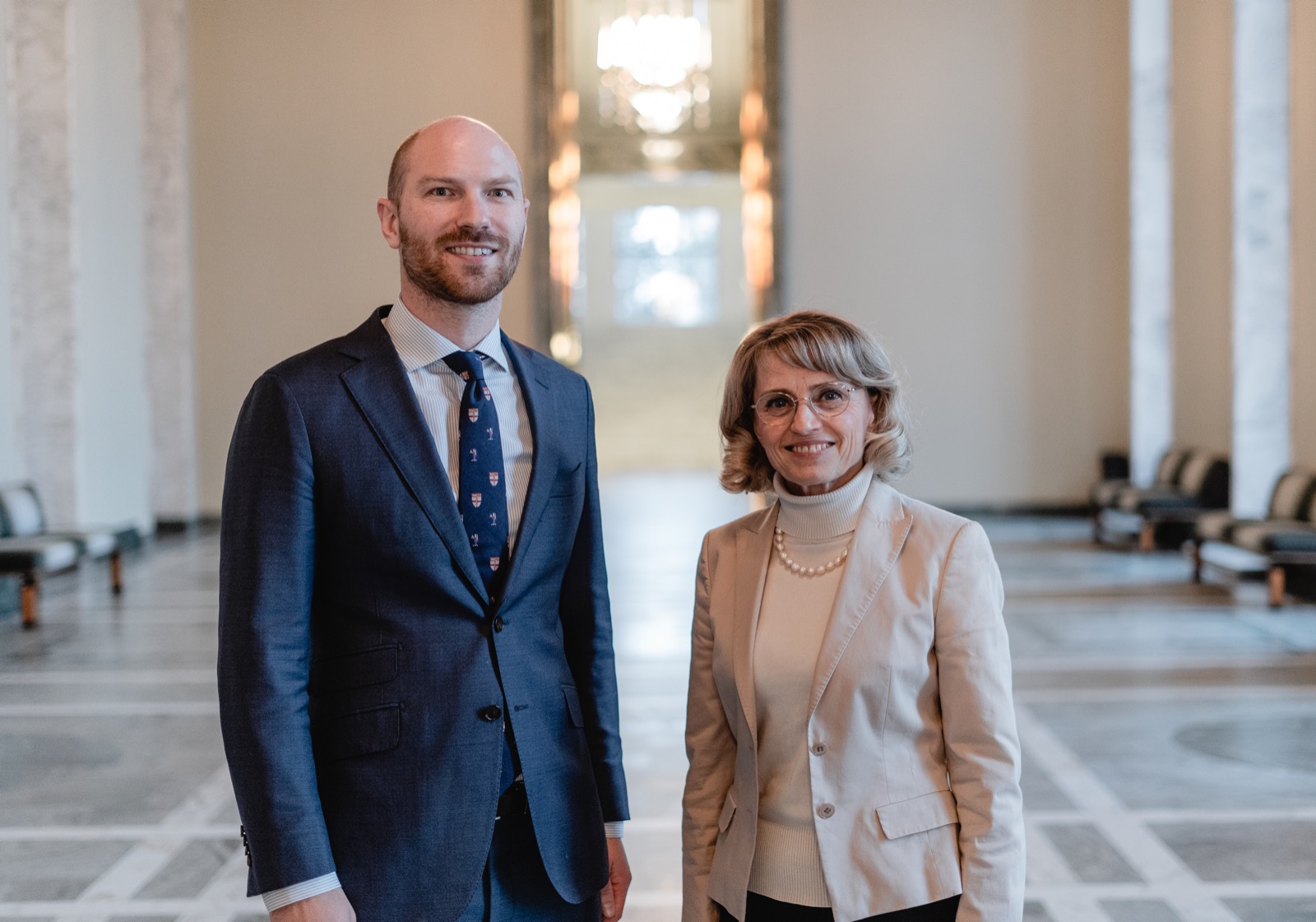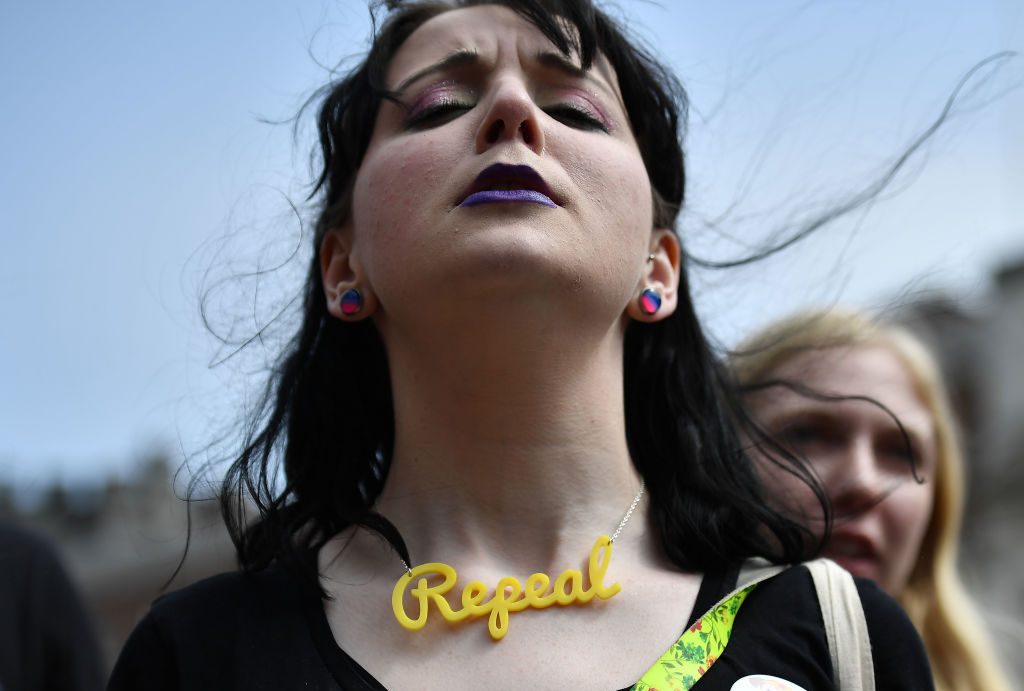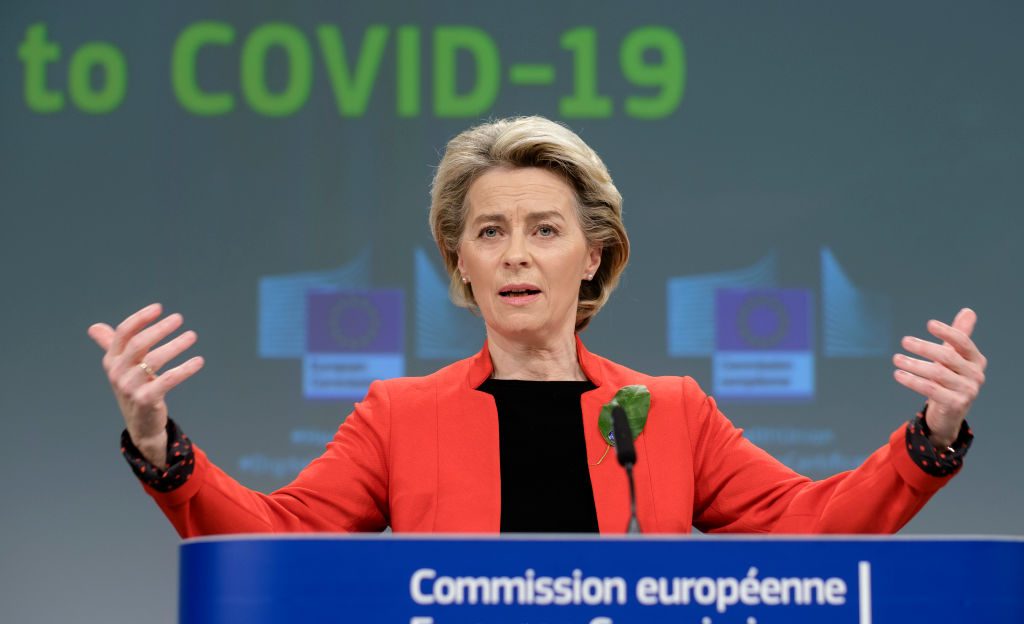It would appear that even the tectonic shift of Brexit wasn’t enough to get European Union leaders to change their ways.
Seven years on and EU institutions continue to push issues and “concerns” that either aren’t a priority for EU citizens, or actually fly in the face of values that matter deeply to ordinary folk.
It’s further evidence that the EU has not learned that all important lesson dealt out to losing militaries throughout history: if you don’t win hearts and minds, the populace will remain against you, and quite possibly contribute to your defeat.
“Routinely, ever since Brexit, we have been told that these voters are irrational and did not know what they were voting for,” Matthew Goodwin, a British professor of politics at the University of Kent, writes in his bestselling 2023 book Values, Voice and Virtue.
“But the evidence that has emerged since the Brexit referendum tells a different and far more nuanced story — they knew exactly what they wanted. It is just not what the new elite want.”
He describes this elite as comprising a “new, highly educated, highly skilled and culturally distinctive class” that has increasingly captured the machinery of the state and society, from politics to media to culture, while wielding “their liberal cosmopolitan if not radically progressive values”.
This has led to a “much broader attempt by millions of people to push back against not just Brussels and Strasbourg but also the new elite who stopped listening to them long ago” and who embrace “luxury” beliefs that “mainly impacts on low-income, working-class communities where they do not live”.
And just as it is happening in the UK, Goodwin highlights how it is also happening around Europe.
As a result of ruling elites becoming increasingly out of touch with realities on the ground and shifting socio-economic concerns, Goodwin notes how in Europe “national populists continue to enjoy some of their strongest results on record”. He cites the example of Marine Le Pen attracting support from young men and women and significant numbers of LGBT voters who worry that their rights are under threat from the spread of Islam — a fact typically not covered by mainstream media who operate within set narrative parameters.
French interior minister Gérald Darmanin said recently that national-populist Marine Le Pen is likely to win the 2027 French presidential election. https://t.co/tbydwaz6zg
— Brussels Signal (@brusselssignal) August 25, 2023
Goodwin describes a “counter revolution” occurring against today’s out-of-touch polity that has “consolidated their power, coalescing into a closely connected, insular and self-serving ruling class who have turned their back on many people, no longer representing or respecting their views”.
At the heart of this, he argues, is a “cosmopolitan-traditionalist divide” that has emerged, and which in addition to Brexit brought Donald Trump to the presidency in the US and continues to see populism spread on both sides of the Atlantic.
“The counter-revolution that has gathered pace over the last decade has drawn the bulk of its strength from people’s deep-rooted anxieties about the effects of hyper-globalisation, EU membership, mass immigration and the hollowing out of their national democracy,” Goodwin says.
The fact that many EU citizens are not thrilled by the current course being charted by those in Brussels is illustrated by recent findings from Gallup International, especially its question Do you think children today will have a better, worse or roughly the same life to you?
Europe scored a -4 per cent score (after “better” and “worse” ratios were weighed against each other). This contrasts to the US that scored +8 per cent, and to Sub-Saharan Africa and South Asia that scored +32 per cent and +31 per cent, respectively.
Those numbers starkly illustrate that many EU citizens, if not losing hope — yet — are not as hopeful as should be expected in a bloc that gathers together some of the most wealthy, developed and liberal countries in the world.
According to Goodwin, whether the political elite can shift to representing the values of the wider majority and recognising the plurality of voices “will ultimately determine whether the counter-revolution against them” diminishes.
“Or, alternatively, soon escalate to new heights,” Goodwin says.






European Space Agency: Is it the one part of the European project that can still inspire?